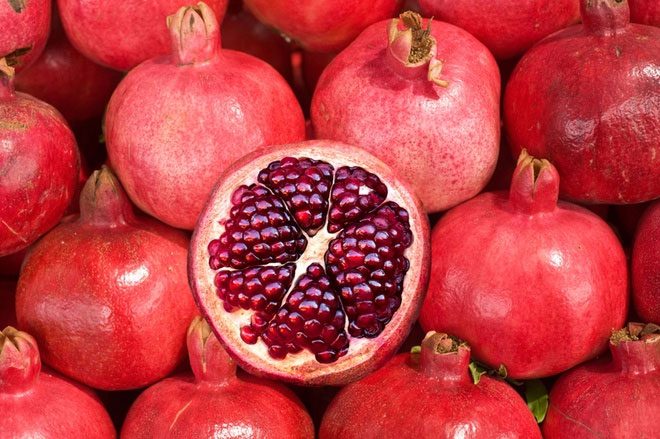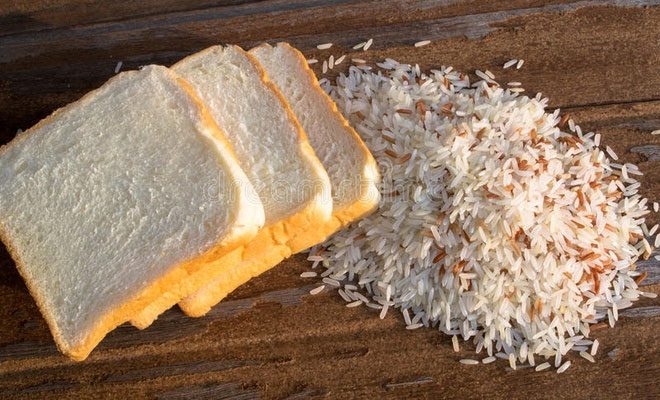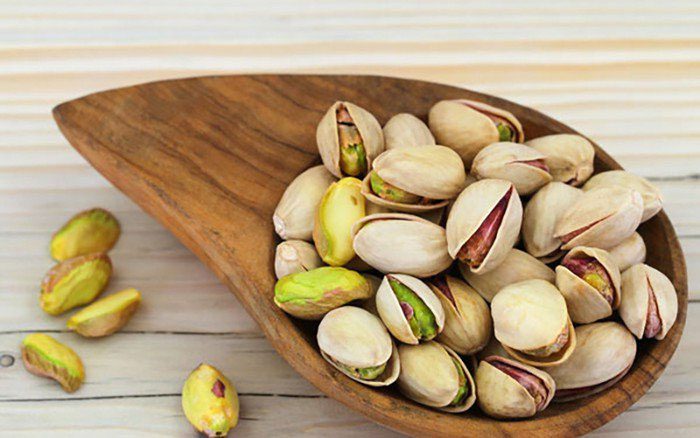Nutrition experts indicate that pomegranate juice and pistachios are two types of foods that help players stay hydrated and replenish essential nutrients in the hot and dry weather of Qatar.
A former nutritionist for Major League Soccer revealed the two best plant-based foods that the U.S. team should consume to achieve victory at the World Cup.
A popular dish in Qatar is machbūs, which consists of rice, meat, and vegetables. However, sports nutritionist Roxana Ehsani told Newsweek that the U.S. team should focus on specific foods and juices to combat the dry heat in Qatar.
The average temperature in the Gulf nation hovers around 30 degrees Celsius, making it crucial for players to ensure their bodies remain hydrated.
Ms. Roxana Ehsani stated: “Soccer is a high-intensity physical activity. Players need to refuel and rehydrate after every training session and match. But this is something not everyone can manage, even professional athletes.”
Nutritionist Ehsani added that the team may face various challenges in maintaining hydration and energy levels. Daily high-intensity training sessions, multiple workouts per day, frequent travel, and a packed schedule are all factors that can prevent players from adequately hydrating.
During this tournament, the team must train and compete in the hot, dry climate of Qatar, something that some may have never experienced before.
She mentioned: “In dry climates, athletes may not sweat as much as in humid environments. Therefore, players must pay extra attention to hydration. For an elite athlete, even a 2% decrease in body weight can hinder their athletic performance.”
Ms. Ehsani noted that there is a perfect juice that provides all the nutrients players need in the harsh weather of Qatar.
She said: “A favorite drink that athletes use to stay hydrated is pure pomegranate juice. This juice is available in both the Middle East and the U.S.”

Pomegranate juice contains potassium and antioxidants that enhance players’ health. (Photo: gouda-company).
Each serving of 227 grams of juice provides a potassium equivalent to one banana. Potassium is an essential electrolyte for keeping muscles healthy.
Pomegranate juice also contains about 700 milligrams of polyphenolic antioxidants. These antioxidants help boost players’ immunity and can increase the bioavailability of nitric oxide by protecting it from breakdown. Nitric oxide helps the body receive the oxygen and nutrients needed during exercise.
Ms. Ehsani stated that drinking water is not the only way to stay hydrated. The team should combine drinking juice and eating high-water-content foods to maintain hydration before, during, and after training and competition.
The nutrition expert explained that being in a foreign country often leads to changes in players’ habits. Therefore, it is important for them to eat familiar foods.
She shared: “When competing abroad, players may not be accustomed to the local cuisine. This can lead to stomach issues or nutrient deficiencies. If they do not like the foods being served, they may eat less, which significantly impacts their performance.”

Food abroad may not suit players’ tastes. Therefore, they should eat familiar and easily accessible dishes in Qatar, such as rice and bread. (Photo: dreamstime).
She advised players to stick to familiar dishes. “Many soccer players enjoy eating carbohydrates, such as rice and bread, after training and before matches. Fortunately, these are readily available in Qatar. Notably, rice and bread are the most common foods in the Middle East.”
Ms. Ehsani also mentioned that pistachios are a suitable snack. Players always seek healthy snacks that are delicious and easy to carry while on the move. One of their favorite snacks is pistachios, which are also available in Middle Eastern countries.

Pistachios provide numerous nutrients for players. This nut is also easy to carry when players have to travel frequently. (Photo: medicaldaily).
Pistachios are among the nuts with the highest protein content. They provide up to 6 grams of complete protein, 3 grams of fiber, and all 9 essential amino acids.


















































